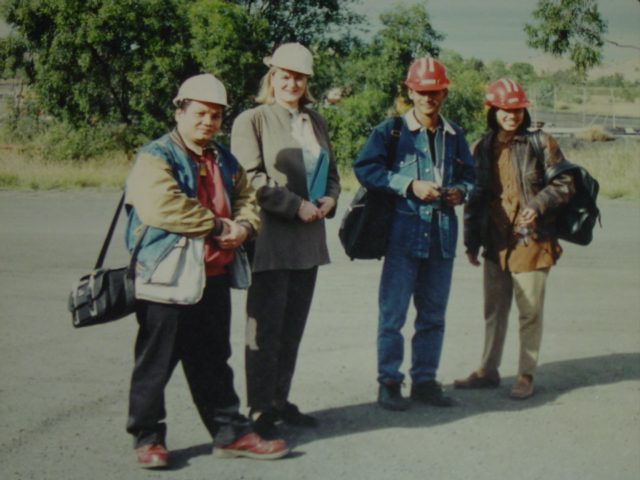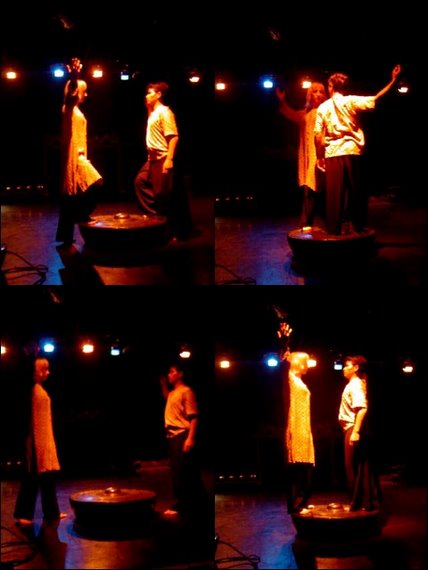Understanding Ceremonies in Bali
There are two kinds of ceremonies in
Dewa-Yadnya, which is held at the community or family temples, and is designed to ask God for his blessings.
Pitra Yadnya, which is a ceremony for the benefit of the ancestral souls. When a person dies while his family. When a person dies while his family is not able yet to carry out the cremation (called Ngaben), the body is burried with the head in the direction of either the mountain or the rising sun. As soon as the means are available to hold the cremation, the boddy is dug up again.
Ngaben (cremation) derived from the words “ngaba” and “in”, meaning making offering in the form of goods and prayers. The body is cremated in a tower in the shape of a dragon or cow --- black for women and white for men in the case of the latter. The procession proceeds cheerfully. The cremation takes places at a cemetery and is led by the head of the village. The ashes are thrown into the river or the sea.
The first day of the Balinese new year is Nyepi Day. Nyepi is a part of the Buta Yadnya ceremony. At the end of the year of New Years’s Eve --- animals are sacrificed by each village in order that it will be cleansed of sin before entering the new year. Sacrificial food consisting of wines and meat, is placed on the road for the bad souls.
The Nyepi ceremony starts before sunrise and last for the next 24 hours. People abstain from four activities : turning on light or lighting fires to cook (called Mati Geni), working, traveling and have sexual relations. The purpose is to start the new year with a clean record.
Ciwa-Ratri Day is the night of holy contemplation to beg God’s forgiveness. It is held throughout the night before the moon sets in the seventh month of the year.
Saraswati Day is a day devoted to the worship of God. Its held once every 210 days, on Saturday of the Umanis Uku Watugunung denomination. On this day, it is forbidden to read the holy book.
Pagerwesi Day is the day of worship of Sang Hyang Widhi (God) in His manifestation ata Sang Hyang Pramesti Guru performing yoga.
Galungan Day is a day of worship and thanksgiving because the universe and its contents have been created by Sang Hyang Widhi.
Kuningan take place 10 days after Galungan. It is held to welcome the return of Sang Pitare
Melelasti is a ceremony in which temple paraphernalia are cleansed in the sea. This ceremony are held by each family.












No comments:
Post a Comment